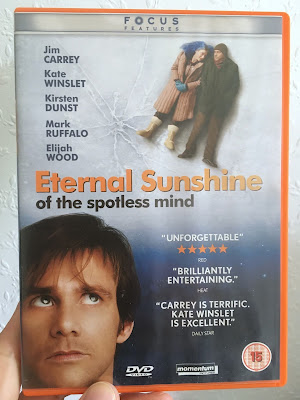Summer 1940: a young couple meet at a
South Carolina carnival and begin an intense relationship. She’s from a wealthy family and her parents don’t want her associating with “trash” in the form of this poor lumberyard worker.
Present day: an old man reads a romance story to an old woman with Alzheimer’s in a nursing home. Inevitably, we soon twig that they are the same couple and that the notebook he reads from is her journal.
There are quite a few problems with this flashback device:
• despite being asked to accept this contrivance, I never once believed it was the same couple.
• more troublingly, the Alzheimer’s plot simply doesn’t work. It’s never explained how Allie can remember the story Noah is telling her, nor who she thinks he is for the majority of the time (i.e., when she’s forgotten he’s her husband).
• the “miracle” ending is, frankly, ludicrous.
The highly watchable scenes with the younger version of the couple seem to have greater emotional intelligence, almost as if two different films have been bolted together. Ryan Gosling and Rachel McAdams have a degree of chemistry together, and they exchange some good lines about the complexity of relationships that confirm this isn’t merely a dumb script. Plus, Joan Allen and Sam Shepard convince as Allie’s mother and Noah’s father.
There’s a sweetness to the summer romance and you do find yourself rooting for the young couple. But it could have been a far better film if we’d left them in the past.














































